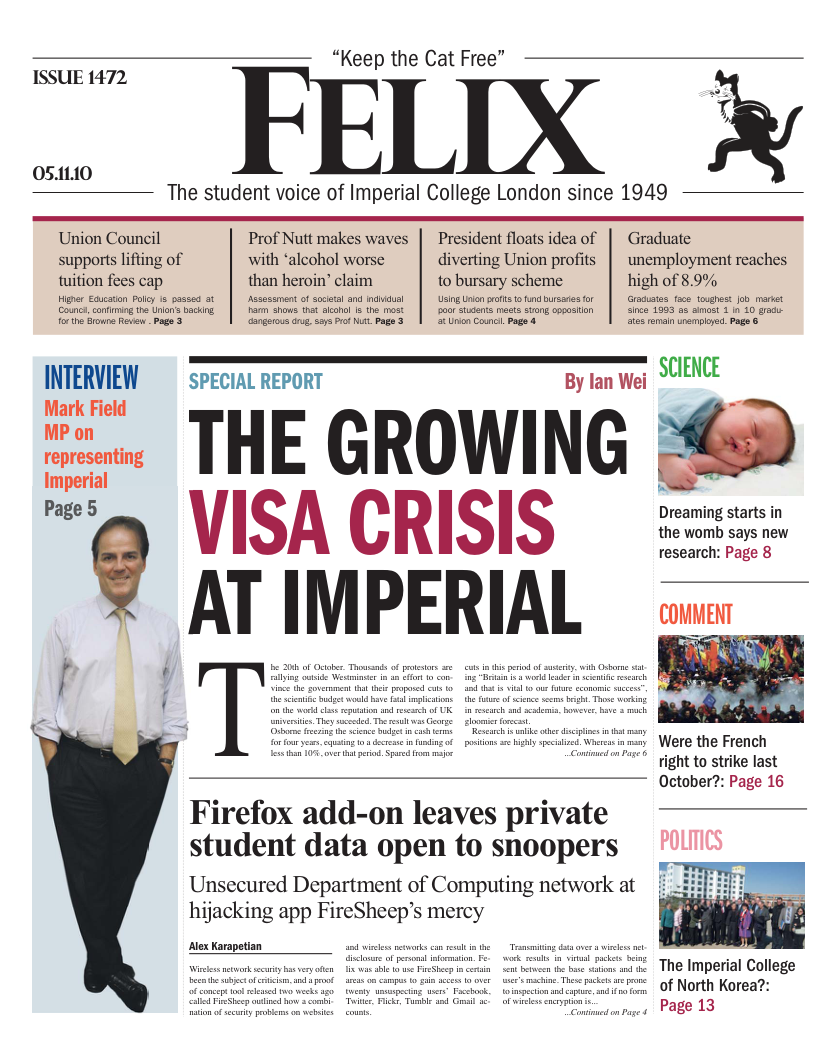A warm and witty modern family film
The Kids are All Right, but what about everyone else?

The kids are all right. The title makes that clear. But what about the adults? How is a lesbian couple supposed to react when their children start looking for their sperm donor? And what about when they start bonding with him? When he works his way into their seemingly normal family life? The adult protagonists of The Kids Are All Right are lesbians, but this theme is never exploited. It’s not necessarily about the lesbian marriage, it just centres on one. They’re a normal suburban family and Nic (Annette Bening) and Jules (Julianne Moore) face the same challenges that all married couples face.
Joni, (Mia Wasikowska) their smart 18-year-old daughter, is the one who calls the biological dad, with her 15-year-old brother Laser’s (Josh Hutcherson) persuasion. Their father turns out to be Paul (Mark Ruffalo), an easy-going restaurant owner who says things like “yeah… sure… cool… right on… why not?” They meet and of course, it’s awkward. But when Nic and Jules find out, Nic – the more controlling figure in the family – has a difficult time coming to terms with this sudden revelation. Jules, the slightly unfocused one, has a more relaxed attitude, and this automatically creates tension in their comfortable upper-middle class home.
Bening is superb here: whilst she stays away from portraying a total bitch, she is the protective mother bear trying to protect her family. She speaks from the mind, whereas Moore, who is just as excellent as her co-star, has a higher level of tolerance and speaks from the heart. The two are immediately convincing as the loving couple, now facing their marriage being put to the ultimate test.
The humour is never too gross or outrageous and the drama is never too sentimental or manipulative
Ruffalo has been perfectly cast in the role of the sperm donor and you can quite easily see him as the weed-smoking, womanizing college drop-out who donated sperm for money. He may not have graduated from college or have a fancy job to boast but he isn’t dumb – and he does, in fact, give out some very logical advice to his children, which makes matters worse for Nic. She is on the verge of exploding when Paul tries to give parenting tips.
It’s a shame that the children’s subplots are hastily concluded. Wasikowska, (considerably better here than in Alice in Wonderland) is given a set of friends she can confide in, but as she prepares and goes off to college, they disappear. The same goes for Hutcherson. There is a big development when it comes to the conflict between his balanced, well-behaved character and his best friend’s wilder attitude, but, as the film comes to a close – perhaps due to the film’s title – Cholodenko seems to be a lot more interested in showing the clash between Jules and Nic. After all, it’s the adults we should be worried about, not the kids.
What makes The Kids Are All Right so warm and witty is its script that cleverly balances both comedy and drama. The intelligent dialogue gives us plenty of moments to laugh, but also to reflect on the complex situation these characters have to face. The humour is never too gross or outrageous and the drama is never too sentimental or manipulative. Director/writer Lisa Cholodenko knows not to take the film too seriously. With enough racy humour to thoroughly convince as an adult dramedy, but also mixed with undeniably stirring moments that the audience will be able to relate to, the film is a true exploration of what the term “modern family” really is.









